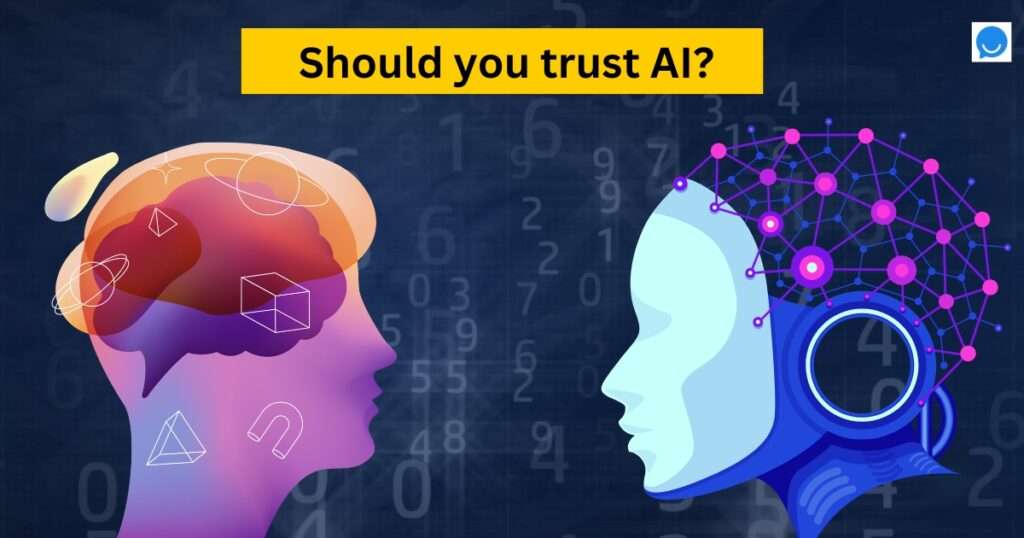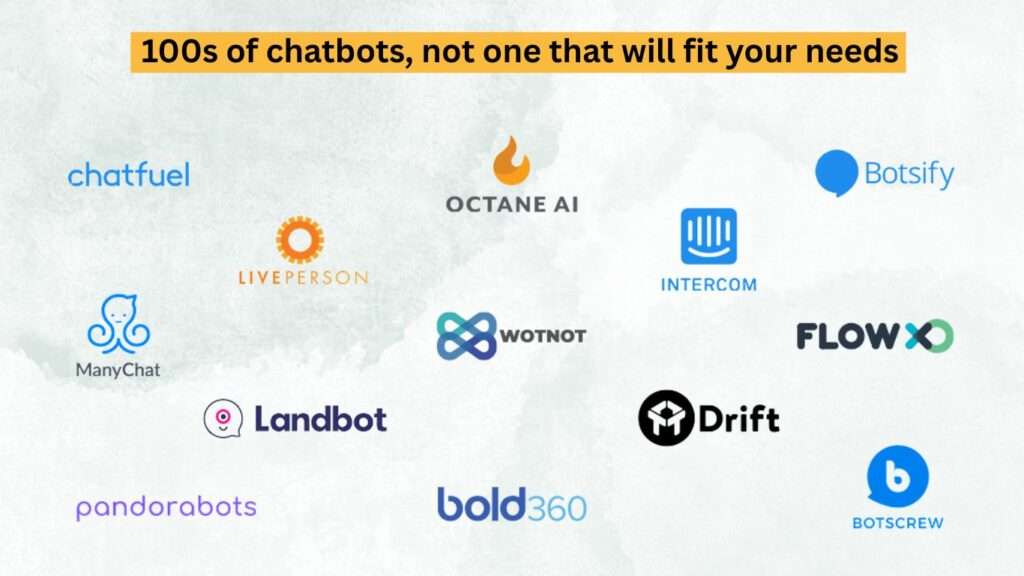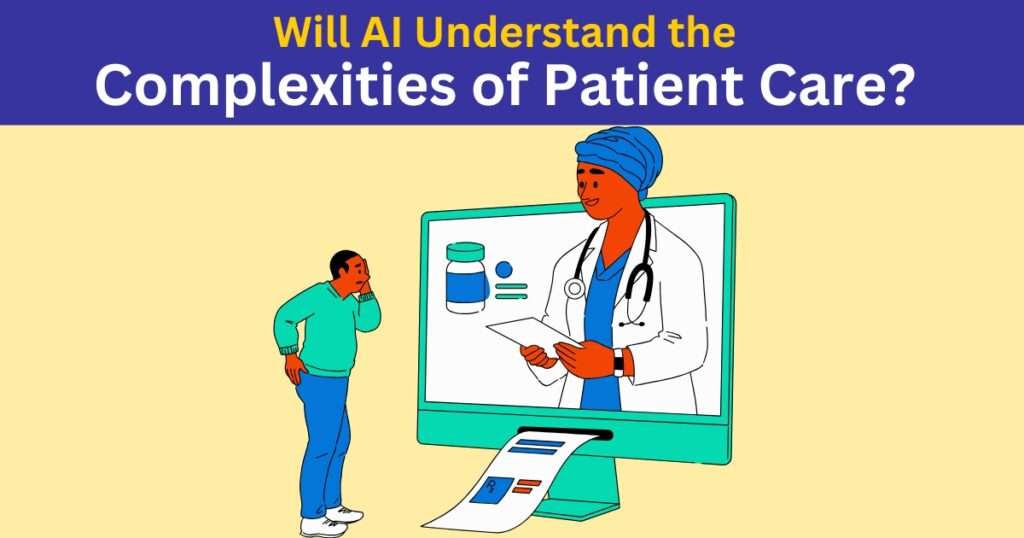Explore real-world examples of AI in action, and begin on a journey toward creating unforgettable customer engagements.

In today’s digital age, businesses are constantly seeking innovative ways to provide exceptional customer experiences. With the rapid advancement of technology, artificial intelligence (AI) has emerged as a game-changer in revolutionizing customer interactions. In this blog, we’ll explore the significance of AI in enhancing customer experience in 2024 and delve into its various applications and benefits.
What is AI Customer Experience?
AI customer experience refers to the integration of artificial intelligence technologies into customer service processes to streamline operations, personalize interactions, and deliver seamless experiences across multiple touchpoints. By leveraging AI algorithms, businesses can analyze vast amounts of data, predict customer behavior, and automate responses, thereby optimizing the overall customer journey.
How AI Can Improve Customer Experiences:
How AI Can Improve Customer Experiences:
- Personalization at Scale:
One of the key advantages of AI in customer experience is its ability to deliver personalized interactions at scale. By analyzing customer data, preferences, and past interactions, AI-powered systems can tailor recommendations, product suggestions, and communication channels to meet individual needs. For instance, e-commerce platforms can utilize AI algorithms to provide personalized product recommendations based on a customer’s browsing history and purchase behavior, resulting in higher conversion rates and customer satisfaction. - Predictive Analytics:
AI enables businesses to anticipate customer needs and behavior through predictive analytics. By analyzing historical data and patterns, AI algorithms can forecast future trends, identify potential issues, and proactively address customer concerns. For example, predictive analytics can help financial institutions detect fraudulent activities in real-time, thereby safeguarding customer accounts and enhancing security measures. - Automated Customer Support:
AI-powered chatbots and virtual assistants have become indispensable tools in delivering efficient and responsive customer support. These intelligent systems are capable of handling routine inquiries, resolving common issues, and providing relevant information round-the-clock. Moreover, AI chatbots can escalate complex queries to human agents seamlessly, ensuring a seamless transition and reducing wait times for customers. - Omnichannel Engagement:
AI enables businesses to deliver a consistent and cohesive customer experience across multiple channels and touchpoints. Whether it’s through social media, email, mobile apps, or websites, AI-powered systems can maintain continuity in communication and interactions, regardless of the platform used by customers. This ensures that customers receive a unified experience and can seamlessly transition between different channels without any disruption.

Examples of AI Customer Experience:
- Netflix:
Netflix utilizes AI algorithms to analyze viewer preferences, viewing history, and feedback to recommend personalized content to its users. By leveraging machine learning techniques, Netflix can accurately predict user preferences and tailor content recommendations, resulting in higher engagement and retention rates. - Starbucks:
Starbucks introduced a voice-enabled virtual assistant called “Barista” that allows customers to place orders using voice commands through its mobile app. Powered by AI technology, Barista can process orders, provide menu recommendations, and personalize beverage options based on individual preferences, thereby enhancing the overall customer experience. - Amazon:
Amazon employs AI-driven algorithms to power its recommendation engine, which suggests products to customers based on their browsing and purchase history. Additionally, Amazon’s customer service chatbot, “Alexa,” utilizes natural language processing (NLP) to understand and respond to customer inquiries, providing quick and efficient support round-the-clock. - Spotify:
Spotify leverages AI algorithms to curate personalized playlists and recommendations for its users based on their listening habits, preferences, and moods. By analyzing factors such as genre preferences, tempo, and user interactions, Spotify’s recommendation engine ensures that each user receives a tailored music experience, enhancing engagement and satisfaction. - Sephora:
Sephora utilizes AI-powered virtual try-on tools to enhance the online shopping experience for beauty enthusiasts. Through augmented reality (AR) technology, customers can virtually try on makeup products, experiment with different shades, and visualize how products will look on their skin tone before making a purchase. This interactive experience not only empowers customers to make informed decisions but also fosters a deeper connection with the brand. - Uber:
Uber employs AI algorithms to optimize ride-hailing experiences for both passengers and drivers. By analyzing real-time data on traffic patterns, demand-supply dynamics, and user preferences, Uber’s AI-powered platform efficiently matches riders with nearby drivers, minimizing wait times and enhancing overall convenience. Additionally, AI-driven pricing algorithms dynamically adjust fares based on demand, ensuring fair pricing and maximizing driver earnings. - Nike:
Nike utilizes AI technology to offer personalized coaching and fitness recommendations through its Nike Training Club (NTC) app. By analyzing user data, including workout history, fitness goals, and performance metrics, NTC provides tailored workout plans, exercise routines, and motivational content to help users achieve their fitness objectives. This personalized approach not only enhances the effectiveness of workouts but also fosters a sense of community and engagement among users. - Delta Air Lines:
Delta Air Lines leverages AI-powered chatbots to enhance customer service and support for travelers. Through its “Ask Delta” virtual assistant, passengers can receive real-time assistance with flight bookings, itinerary changes, baggage inquiries, and travel-related questions via web chat or messaging platforms. By providing instant, 24/7 support, Delta’s AI-driven chatbot streamlines the customer service process, reduces wait times, and improves overall satisfaction for travelers.
These examples illustrate the diverse applications of AI in enhancing customer experiences across various industries, showcasing the transformative impact of AI-driven innovations on modern business practices.
Conclusion:
In conclusion, AI holds immense potential to revolutionize the customer experience in 2024 and beyond. As we look ahead to the future, AI is like a superhero for making customer experiences awesome. It helps businesses understand what customers want, makes things easier, and makes every interaction special.
As AI continues to evolve and become more sophisticated, businesses must embrace innovation and harness the power of AI to deliver exceptional customer experiences that resonate with today’s digitally savvy consumers.






One comment
Smart automation and personalized interactions are reshaping customer experience! Businesses using AI effectively can boost engagement and satisfaction—great insights in this article!